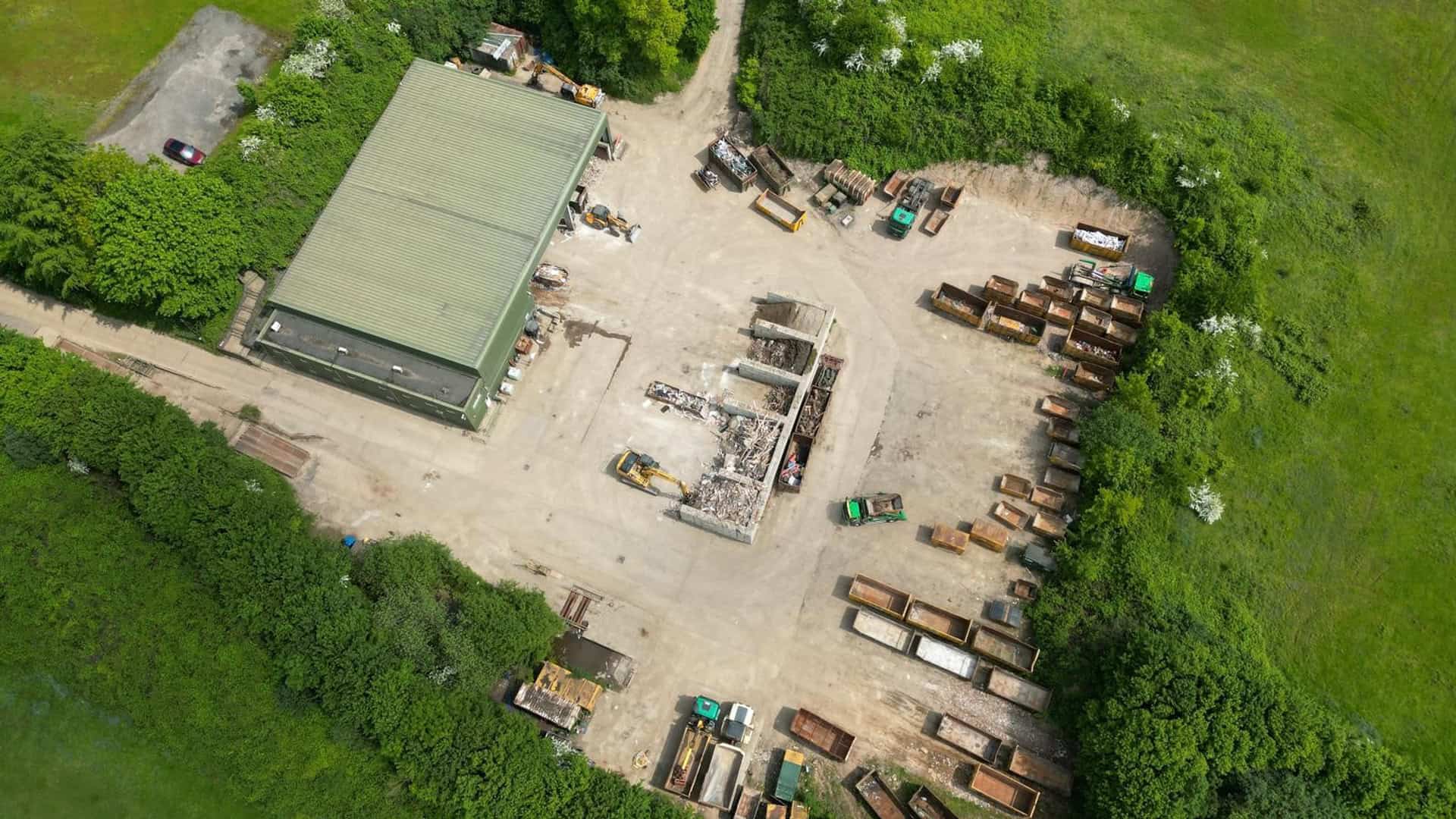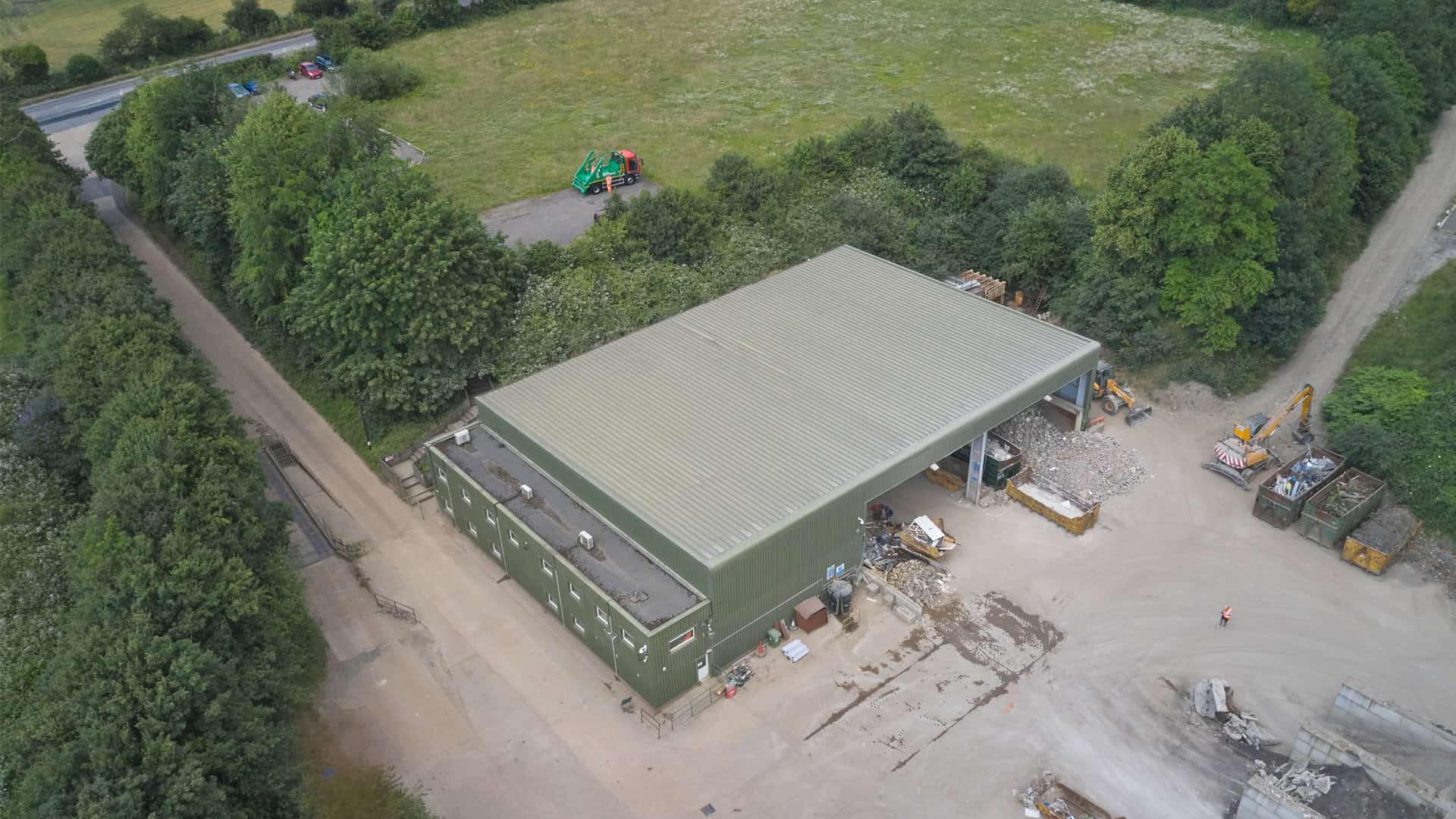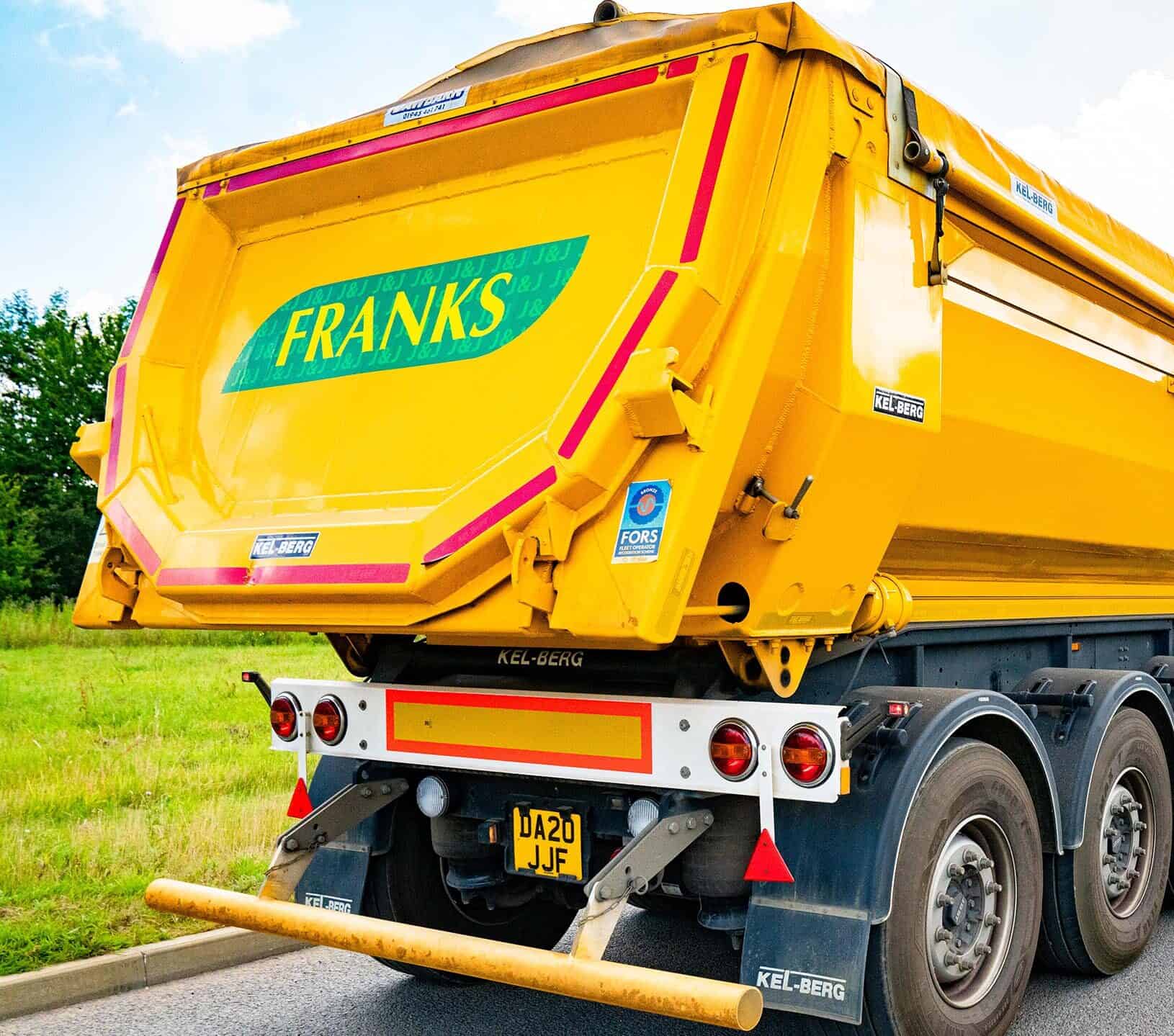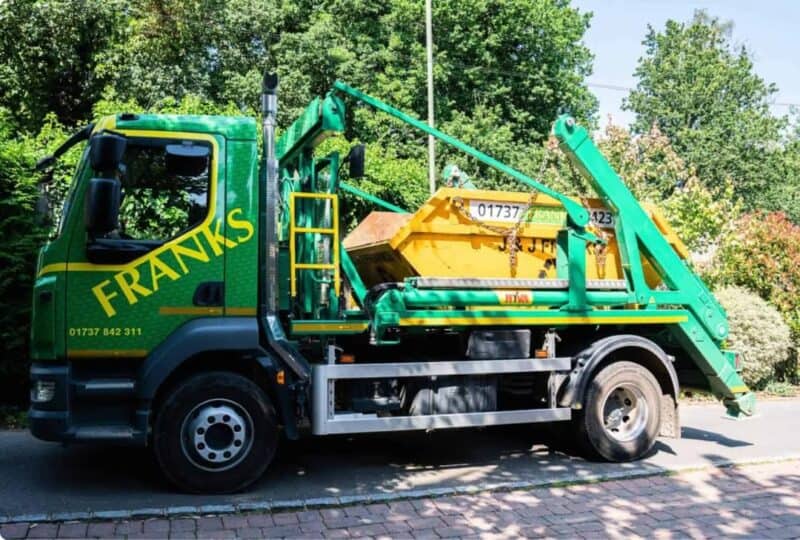Effective and responsible waste management is a growing concern for both businesses and individuals. With increasing environmental challenges, finding sustainable methods to handle waste has become critical. One solution gaining prominence is a waste transfer station. These facilities play a vital role in improving recycling rates by streamlining waste management and reducing landfill dependency. Find out the essential functions of waste transfer stations, their impact on recycling, and why they are an indispensable part of sustainable waste management.
The Role of Waste Transfer Stations in Recycling
A waste transfer station is a central hub where waste is collected, sorted, and processed before being sent for recycling or disposal. These facilities are designed to handle various types of waste, from general household materials to construction debris and commercial byproducts. By consolidating waste at a single site, waste transfer stations simplify the logistics of waste management and ensure that recyclable materials are identified and processed appropriately.
Waste transfer stations act as the first step in diverting waste from landfills. They are equipped with advanced sorting systems and trained personnel who efficiently categorise materials. This process enables the maximum recovery of recyclable materials, ensuring that valuable resources such as metals, plastics, and paper are given a second life instead of being discarded.
Streamlining the Recycling Process
Waste transfer stations make recycling more accessible and efficient for all, whether they are disposing of materials as an individual or business. One of their most significant advantages is the ability to accept mixed waste, reducing the need for pre-sorting. Once waste arrives at the facility, it is weighed, inspected, and directed to appropriate areas for further processing.
By centralising the sorting process, waste transfer stations remove any unnecessary hassle. This convenience encourages more people to recycle, as they no longer need to worry about separating materials themselves. For trade professionals, this efficiency translates into saved time and reduced costs, allowing them to focus on their core activities while ensuring compliance with recycling regulations.
Supporting Local Recycling Initiatives
Waste transfer stations play a crucial role in boosting local recycling efforts. They provide a convenient option for Surrey residents and businesses to dispose of waste responsibly, contributing to a cleaner and more sustainable community. By increasing recycling rates within their catchment areas, these facilities help meet environmental targets and reduce overall waste.
Another advantage of waste transfer stations is their ability to reduce the transportation distances required for waste disposal. By processing materials locally, they minimise the environmental impact associated with long-haul waste transport, including reduced fuel consumption and lower carbon emissions. This localised approach supports the creation of a circular economy where materials are reused and recycled within the same county.
Reducing Landfill Dependency
Landfills are not only unsightly but also pose significant environmental risks. They contribute to greenhouse gas emissions, leach harmful substances into the soil and groundwater, and consume valuable land resources. Waste transfer stations are a powerful tool in reducing reliance on landfills by recovering recyclable materials that would otherwise end up at a landfill site.
Through meticulous sorting and processing, waste transfer stations ensure that only non-recyclable materials are sent to landfills. This targeted approach significantly decreases the volume of waste requiring disposal, extending the lifespan of existing landfill sites and mitigating their environmental impact. By diverting waste from landfills, these facilities help protect natural habitats and preserve vital resources for future generations.

Compliance and Sustainability
For businesses, adhering to waste disposal regulations is not just a legal requirement but also a critical aspect of their sustainability efforts. Waste transfer stations make compliance easier by offering professional waste management services that align with environmental regulations. These facilities provide detailed waste reports, allowing organisations to track their recycling rates and demonstrate their commitment to sustainability.
In addition to compliance, waste transfer stations promote sustainability by maximising resource recovery. By ensuring that recyclable materials are processed efficiently, these facilities help businesses and individuals contribute to a more sustainable future. This means their operations align with collective efforts to reduce waste and promote recycling, making them an integral part of the solution to today’s environmental challenges.
Why Businesses Should Choose a Waste Transfer Station
Businesses can reap numerous benefits from utilising a waste transfer station. These facilities offer a cost-effective alternative to traditional waste disposal methods, with flexible pricing structures that allow users to pay only for the waste they bring. This model is particularly advantageous for smaller loads or mixed waste, where hiring a skip may not be either practical or economical.
The convenience of a waste transfer station is clear. Businesses can drop off waste at their convenience without the need to pre-sort materials or schedule pickups or deliveries. This flexibility helps them manage waste disposal more efficiently, saving time and resources. Additionally, the professional handling and sorting of waste at these facilities ensure that businesses are compliant with environmental regulations while reducing their ecological footprint.
Making Sustainable Waste Management Simple
Waste transfer stations are a cornerstone of modern waste management, playing an essential role in improving recycling rates and reducing impact on our environment. By streamlining the recycling process, supporting local initiatives, and promoting sustainability, our facilities offer significant benefits to businesses, individuals, and communities.
Use J&J Franks’ Waste Transfer Station and take the next step towards responsible waste management. Contact us today to learn how we can help improve your recycling rates and support your sustainability goals.









